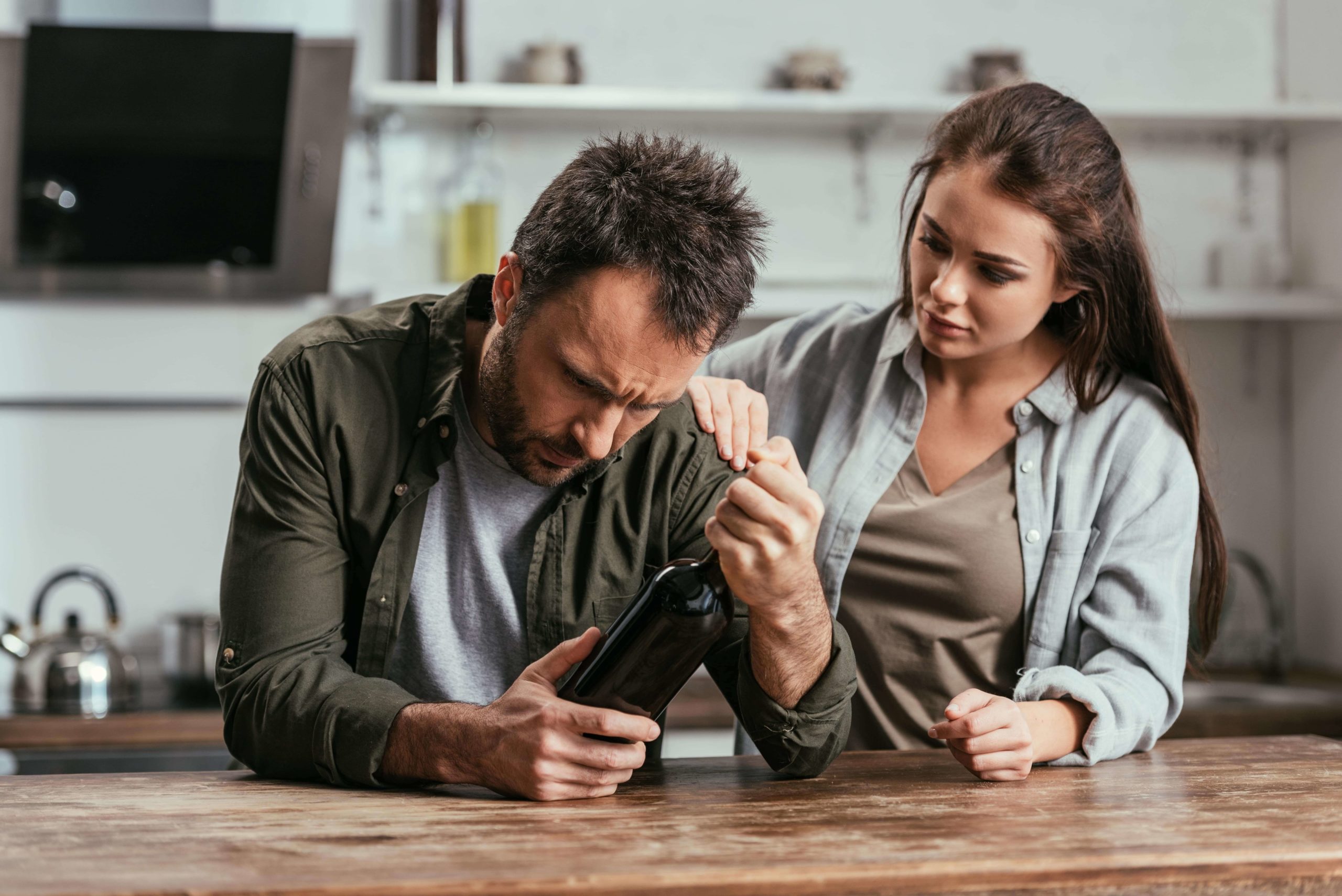When someone you love struggles with addiction, you naturally want to help them as much as you can — and you should. But there’s a fine line between being supportive and enabling your loved one’s harmful behavior patterns. Enabling someone prevents them from dealing with the negative consequences of their actions. Helping someone empowers them to take responsibility for their actions. Understanding the difference between helping and enabling your loved one can be the difference between codependency or long-term recovery. That’s why we’ve put together this quick guide listing the key differences between helping and enabling.
Enabling Your Loved One Downplays Their Problem
Downplaying your loved one’s substance abuse and ignoring their harmful behavior won’t make your loved one’s addiction disappear. In fact, diminishing the problem can actually prolong your loved one’s behavior. Ignoring the issue can also make your loved one think you accept their behavior. No matter how well your loved one seems to function, turning a blind eye to addiction will always enable the problem.
Helping Your Loved One Recognizes The Problem
When we help the people we love, we recognize their need for help and encourage them to do the same. This may not be easy, but you can:
- Talk to your loved one about your concerns
- Encourage your loved one to visit a therapist or counselor
- Stage an intervention
You can’t force your loved one to get help, but you can empower them to consider treatment by helping them become aware of their substance abuse.
Enabling Makes Excuses For Addictive Behaviors
Lying, making excuses, or covering up your loved one’s addiction may feel like the right thing to do, but doing so prevents them from facing the reality of their situation. Addiction comes with consequences such as legal problems, financial trouble, job loss, and severed relationships. Your loved one will never understand this if you continue to make excuses for them.
Helping Your Loved Deal With Their Consequences Helps Them Grow
Letting your loved one deal with the consequences of their actions helps them realize the chaos and trouble that typically accompanies addiction. Consequences can also help your loved one realize how their substance use hurts them and the people they love.
Other Differences Between Enabling and Helping
Simply put, enabling someone masks their problem while helping someone shines light on the problem and encourages corrective action.
Enabling can include:
- Giving your loved one money that may be used to support their addictive habits
- Not enforcing the boundaries you’ve set
- Taking over your loved one’s responsibilities (i.e. taking care of their kids, cleaning their house, or paying their bills)
- Bailing your loved one out of jail or providing solutions for their financial, legal, career, or social problems
Helping your loved one, on the other hand, includes:
- Enforcing boundaries
- Providing them food or water only
- Helping them find a treatment program
- Being there for them, listening to them, and encouraging them to take good care of themselves
Contact Us To Get Your Loved One On The Path to Recovery
Trying to help an addicted loved one can be frustrating and overwhelming. At Soba Recovery, we can help you get your loved one back. Our wide range of treatment programs can help your loved one truly overcome addiction challenges. Contact a member of the Soba Recovery team today to learn more.



